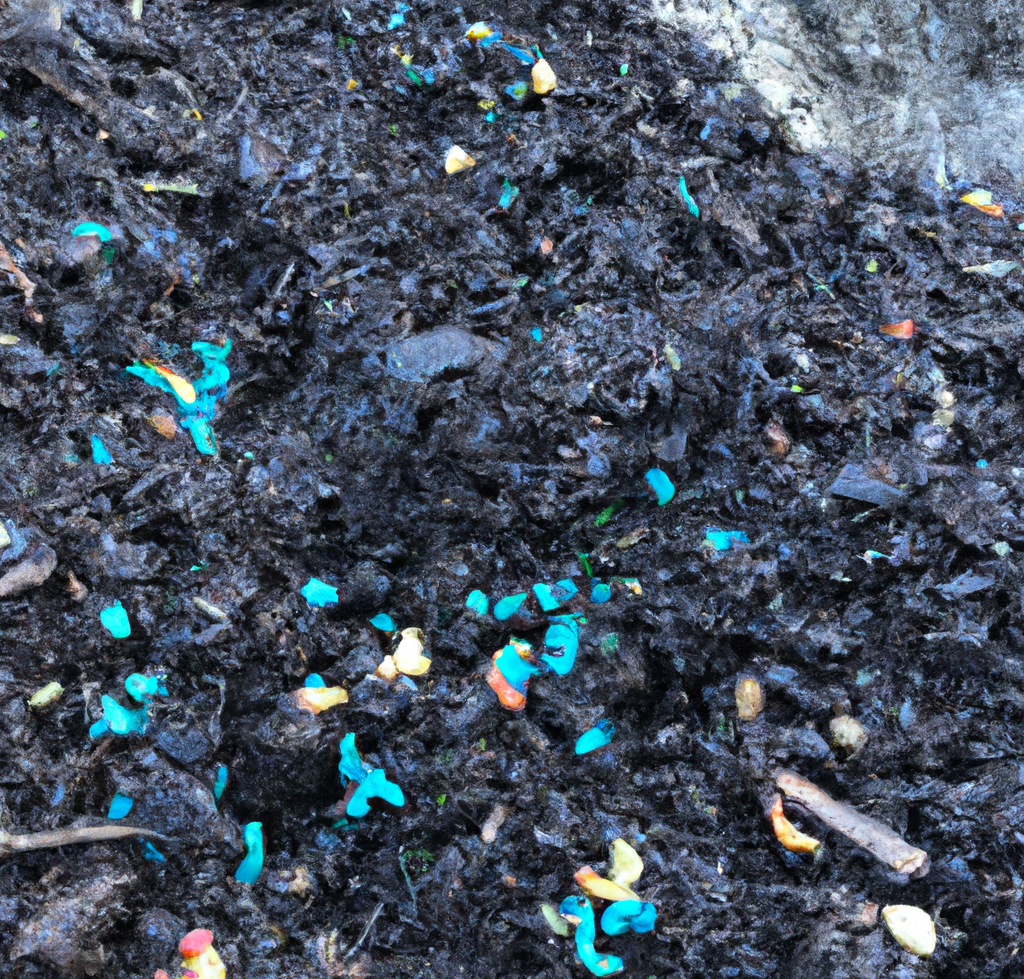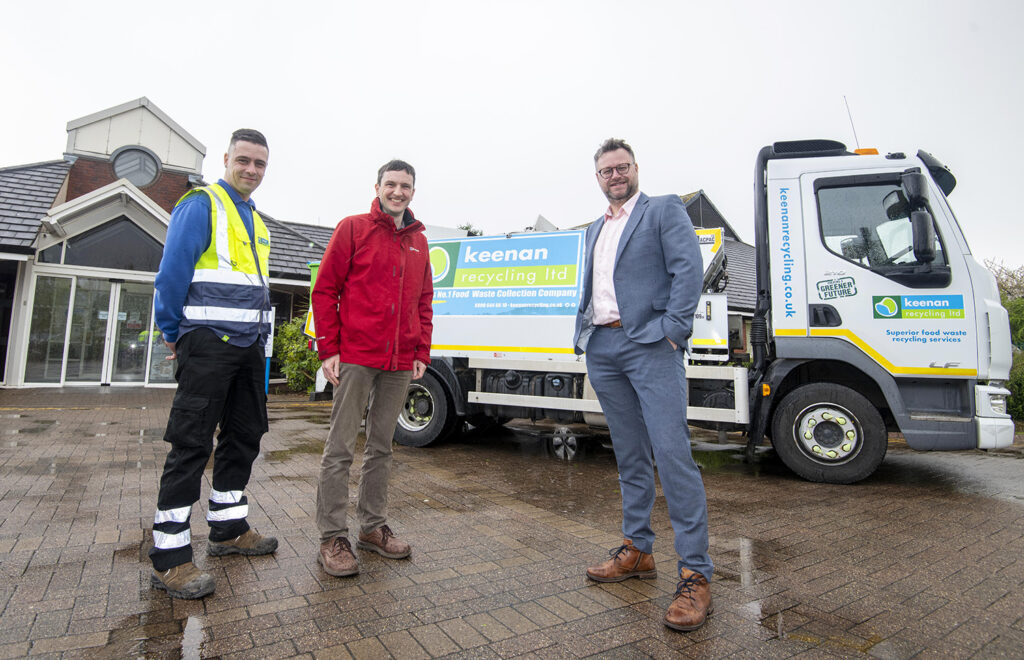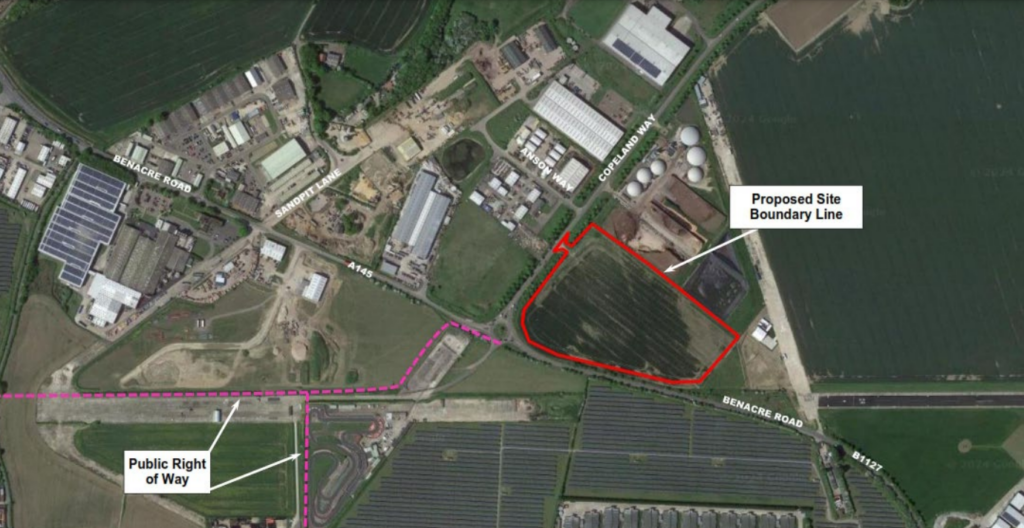The document, titled ‘Plastics in composts and digestates’ was published by WRAP earlier this month. It pointed out the need to reduce or eliminate plastic contamination. It called for collaboration from across the value chain to address this deficit and outlined a set of actions to help achieve these objectives.
The report was written by Laura Fonseca Aponte, Maryam Kabir and David Tompkins, using data from research that ran from January to March 2022. The paper assessed the state of knowledge on levels of compostable and non-compostable plastics in UK source-segregated composts and digestates and looked at methods for their detection as well as methods to reduce plastic levels. Additionally, it assessed impacts of plastics and options to revise limit values.
Contamination
The report stated that “evidence indicates that certified compostable plastics will break down during composting processes, providing the process conditions align with those specified within the standard against which plastics are certified”.
However, it also noted that data on compost and digestate contamination with plastics are “rarely reported” in published literature. It continued that “there is no data on the presence of compostable plastics in digestates” but “since they are not intended to biodegrade under anaerobic conditions, residues might be anticipated in digestate prior to final screening”. To ensure compliance with PAS110 limits, screening of whole (liquid) digestates is used where necessary, the report added.
In terms of how harmful the presence of plastics in soils is, the report outlined that “a number of harms have been demonstrated from plastics in soils”. At the same time, it pointed out that “it is not currently possible to suggest evidence-based limits for plastics in composts, digestates or soils” due to reliance on “environmentally unrepresentative concentrations of plastics with short exposure times, combined with inconsistencies in reported impacts and complexities resulting from responses to different polymers, particle sizes and particle shapes”.
Actions
Amongst some of the proposed actions is simplifying sanction process for householders who persistently present contaminated materials for recycling and/or introduce incentives for good performance, facilitate discussion and agreement on approach to future limit-setting for plastics in composts and digestates as well as revising digestate sampling method to better ensure that samples are representative.
Other suggestions also included creating a community of practice for researchers exploring plastic pollution of the terrestrial environment to facilitate information exchange with regulators and practitioners particularly with respect to understanding realistic environmental exposures and creating a commercial knowledge exchange forum to better ensure implementation of best practices relating to tackling plastics in biowastes.











Subscribe for free